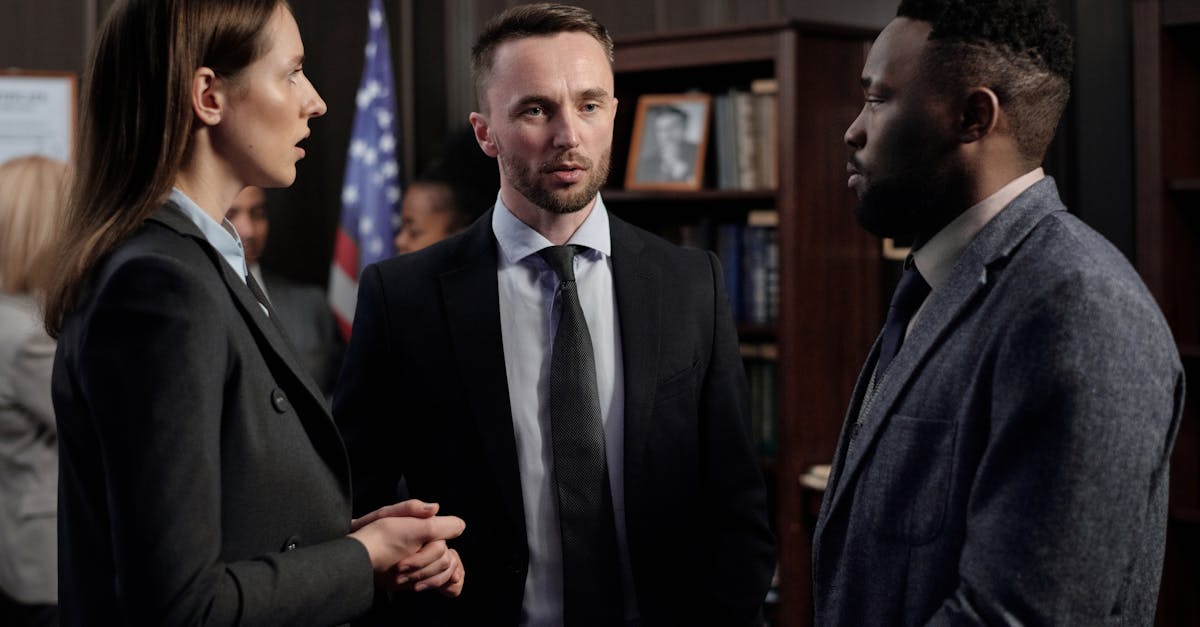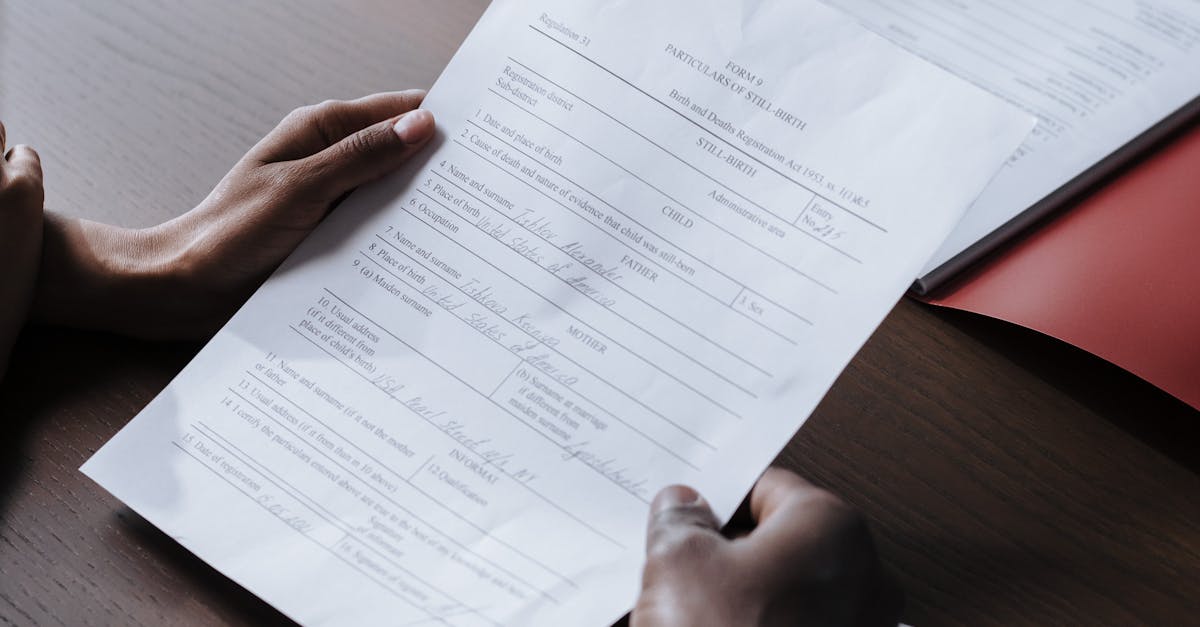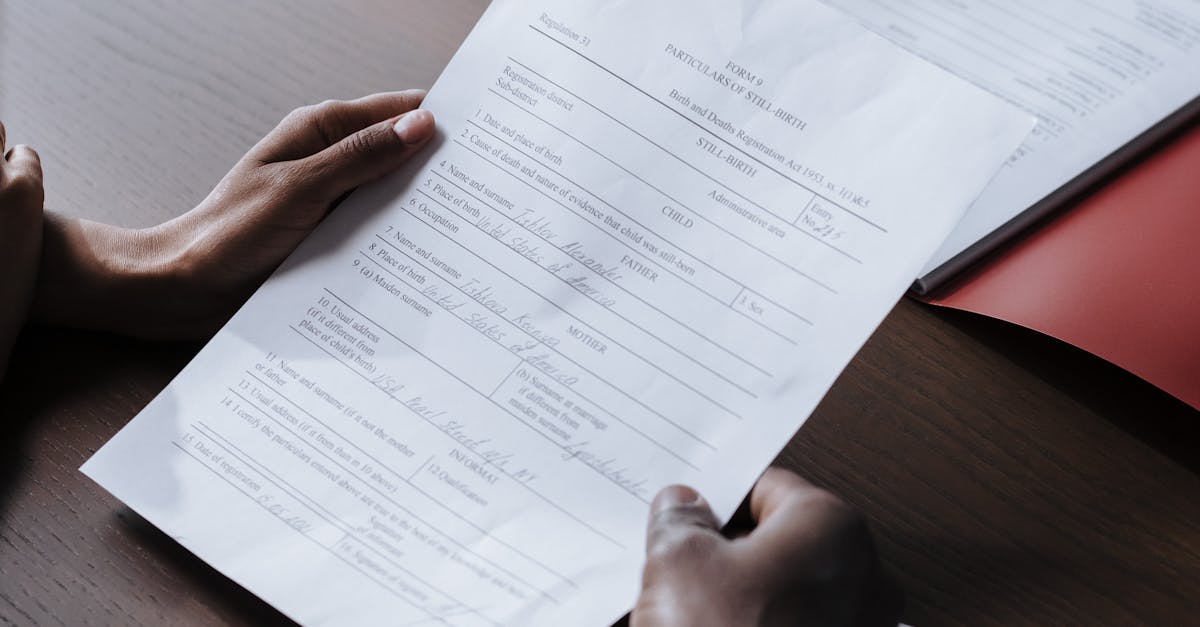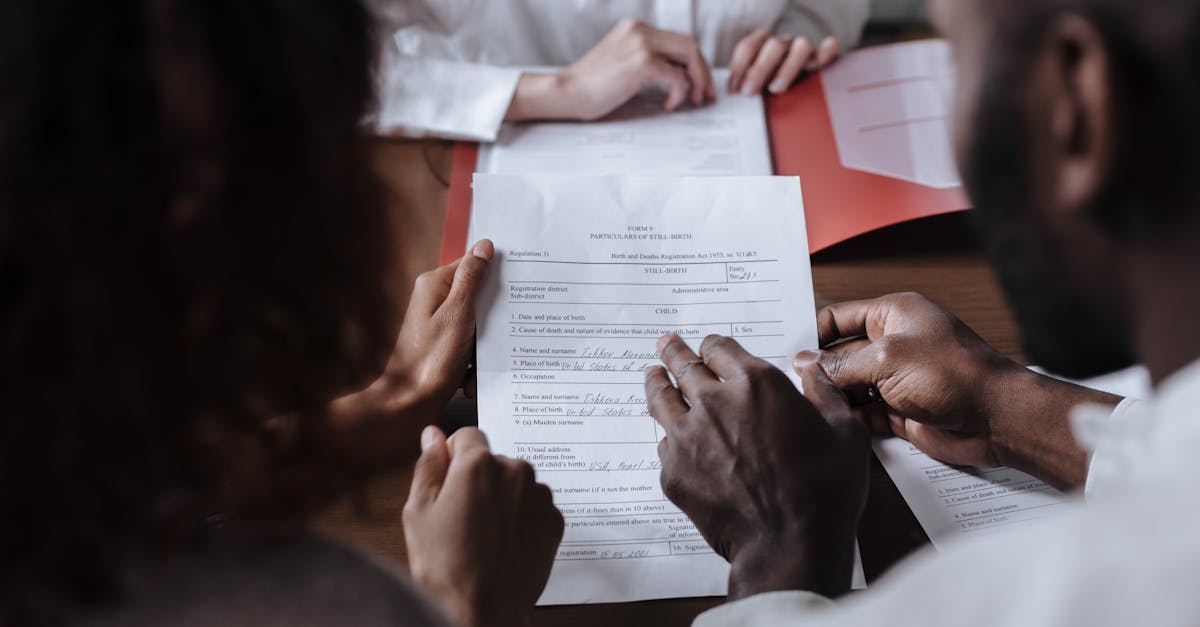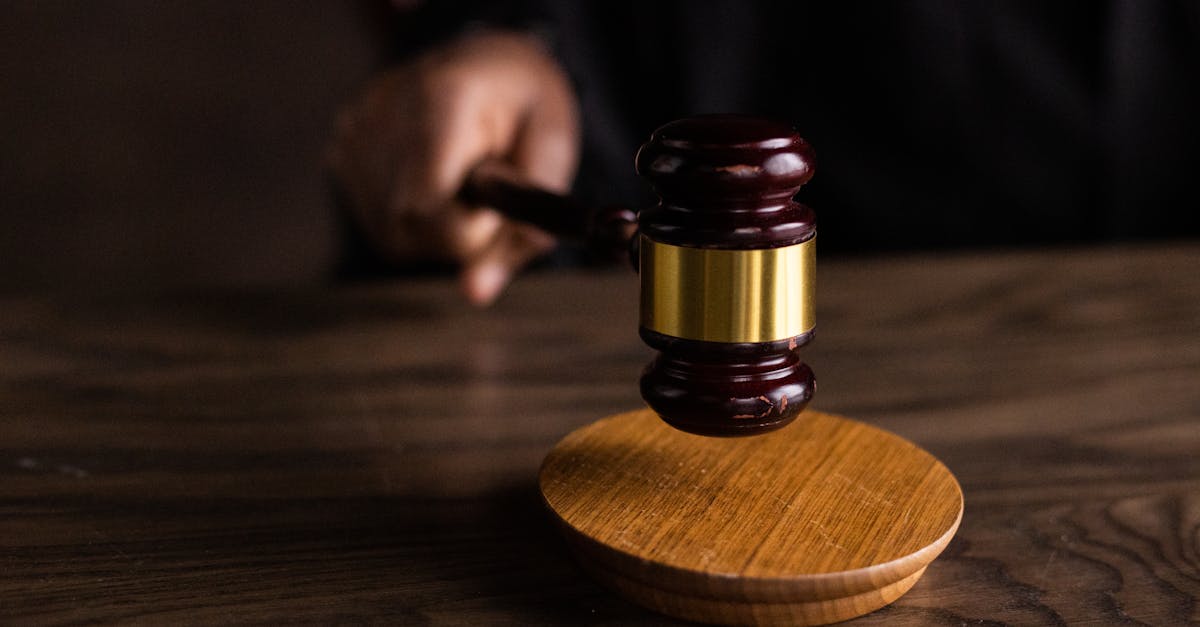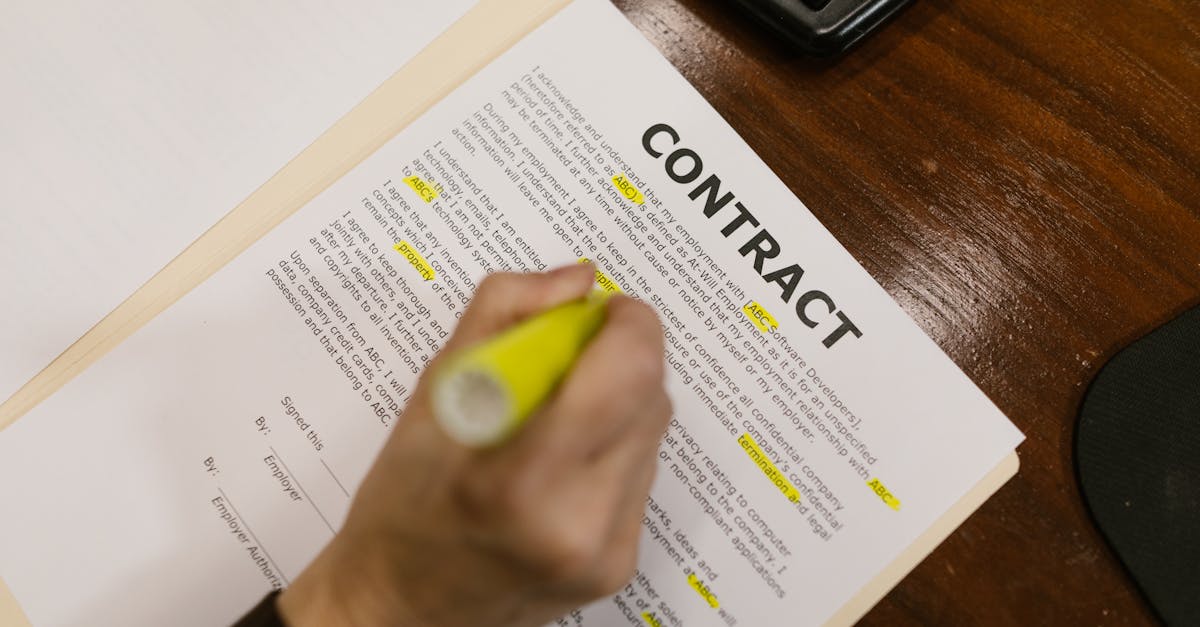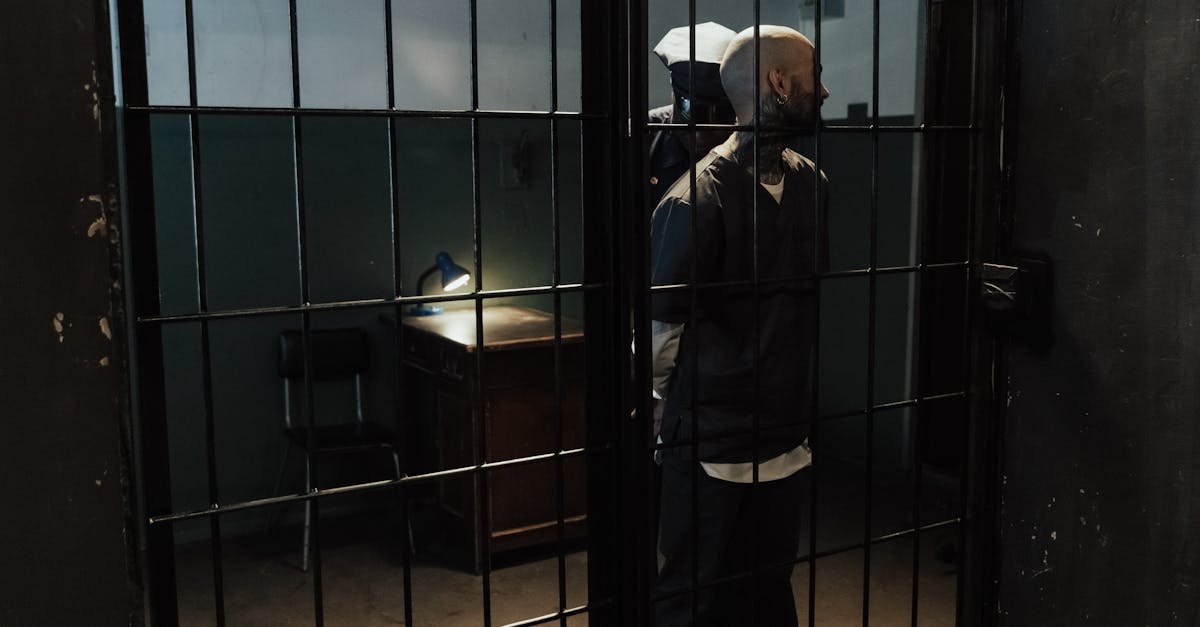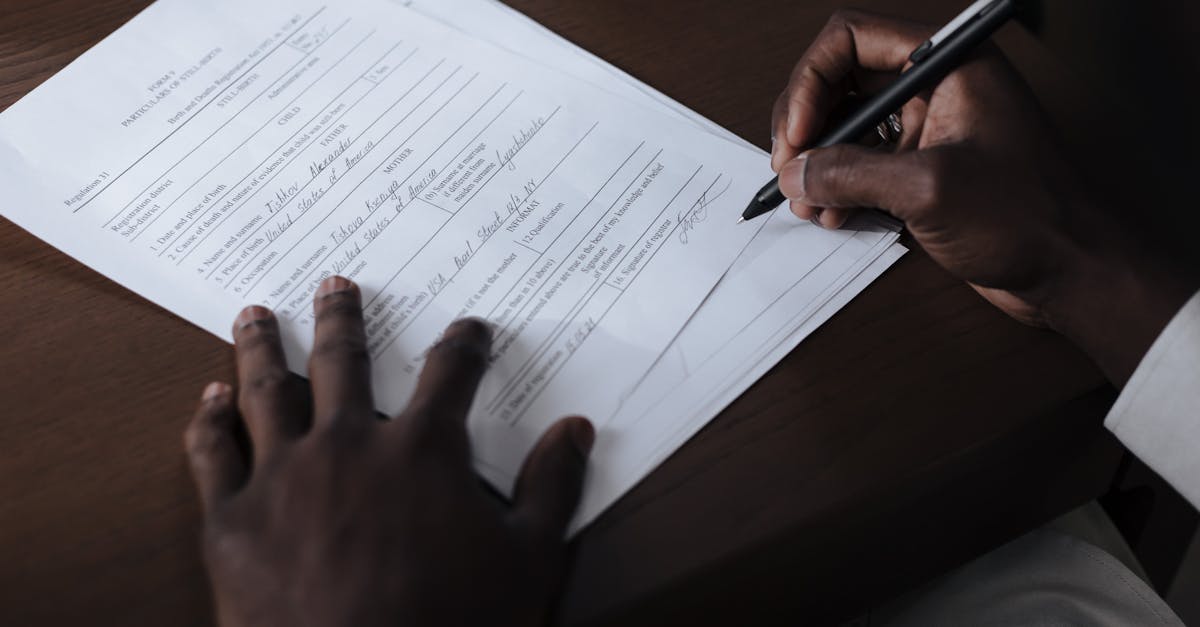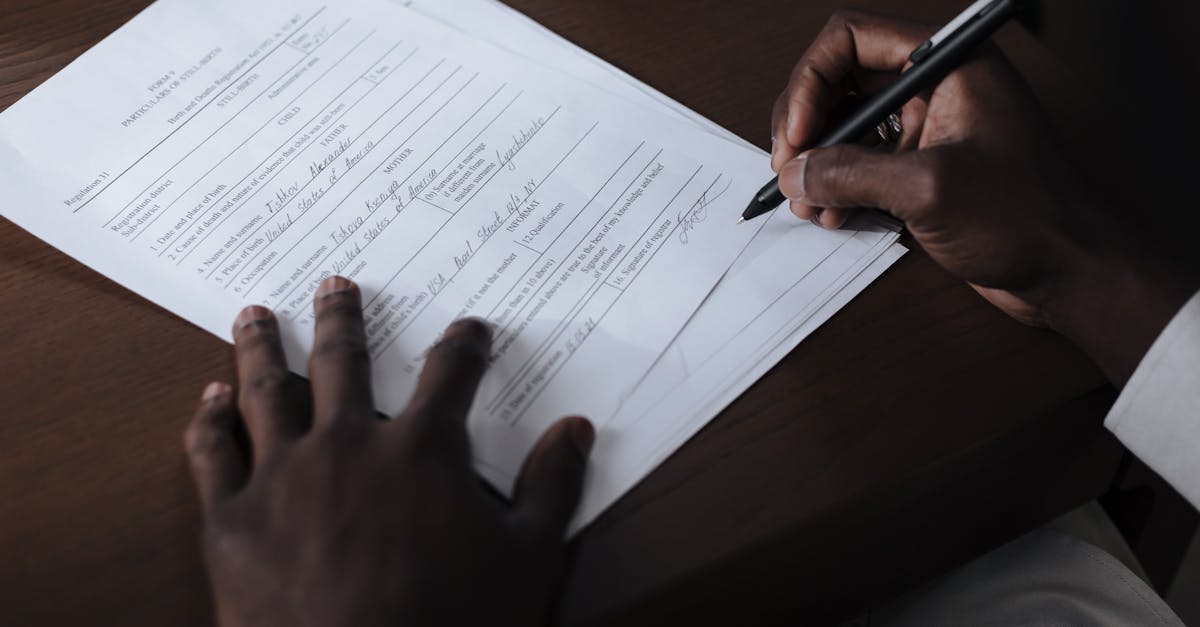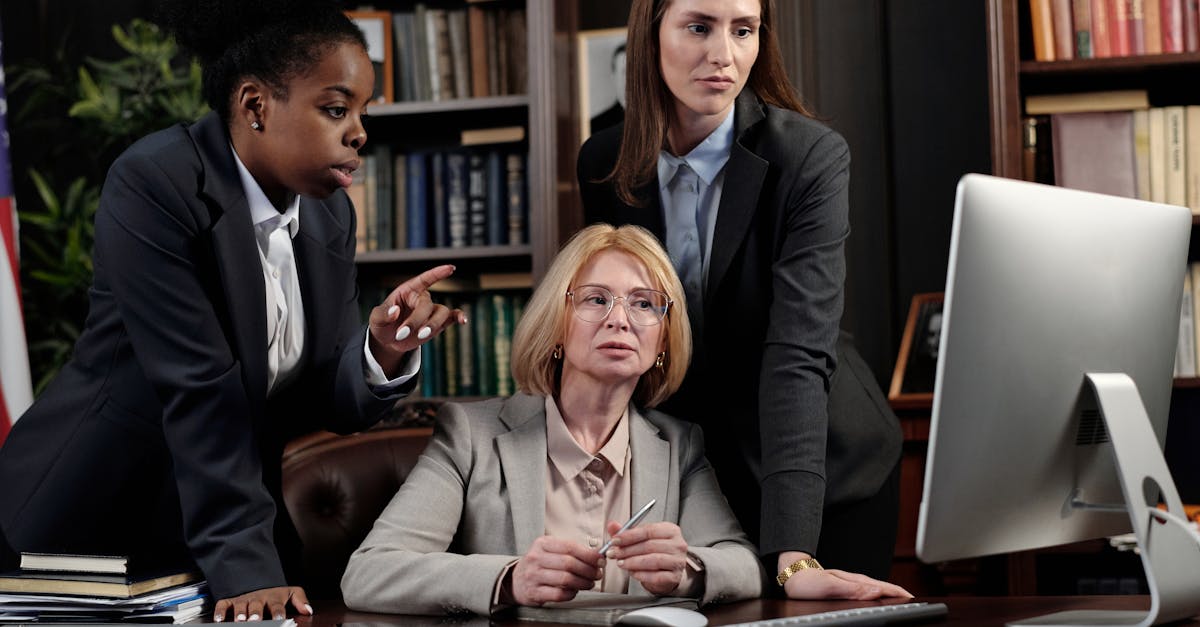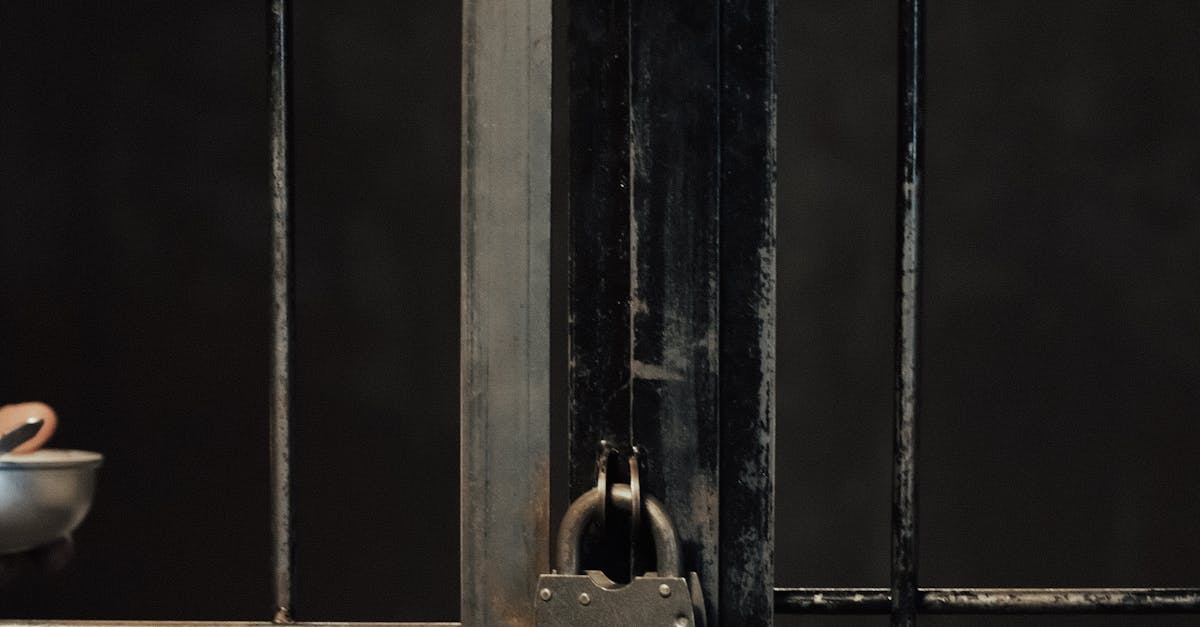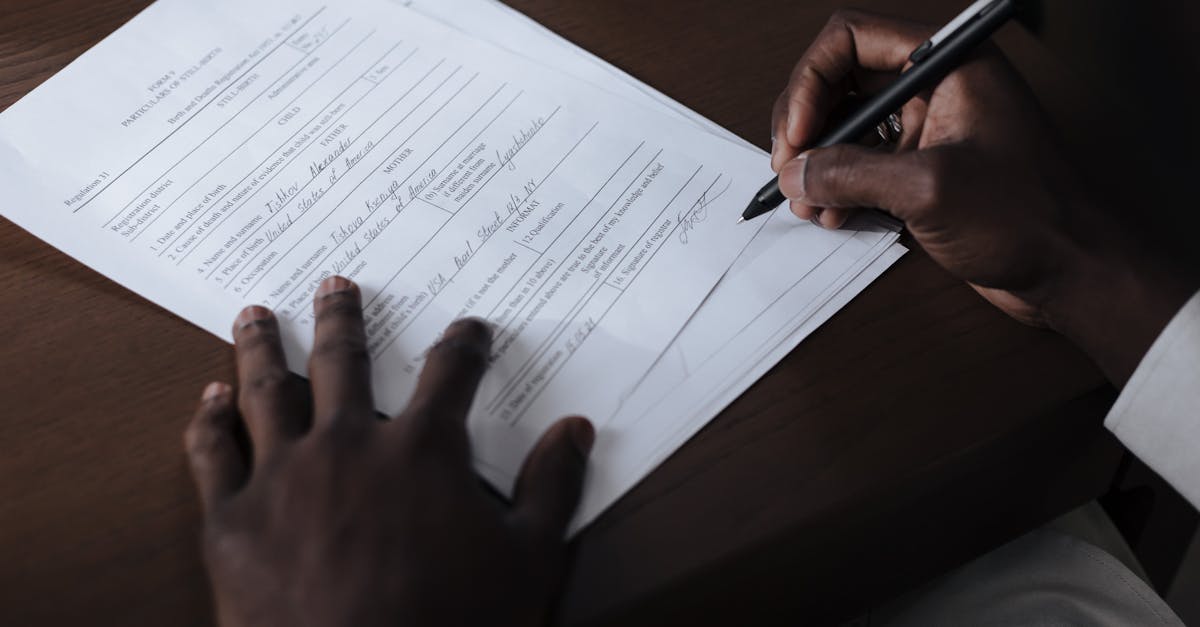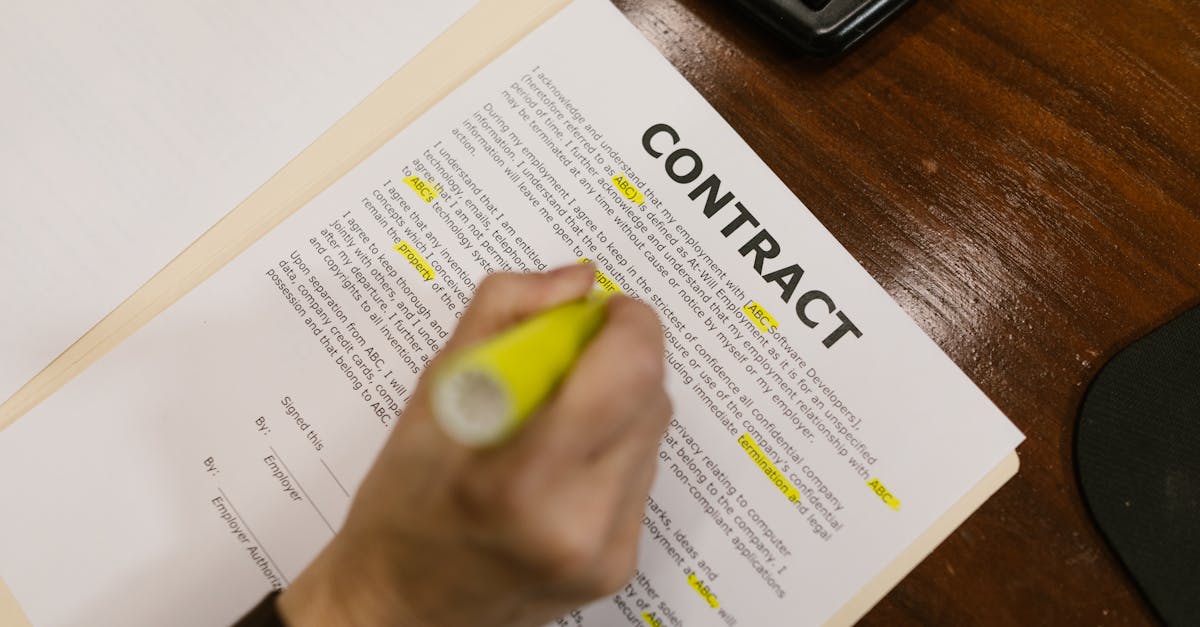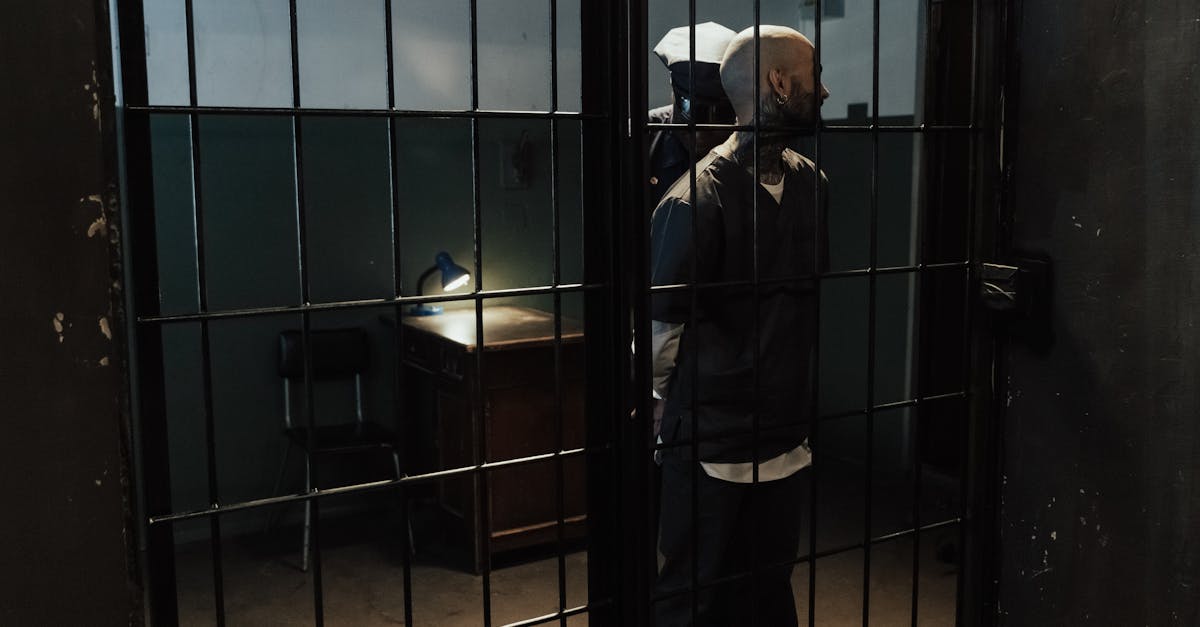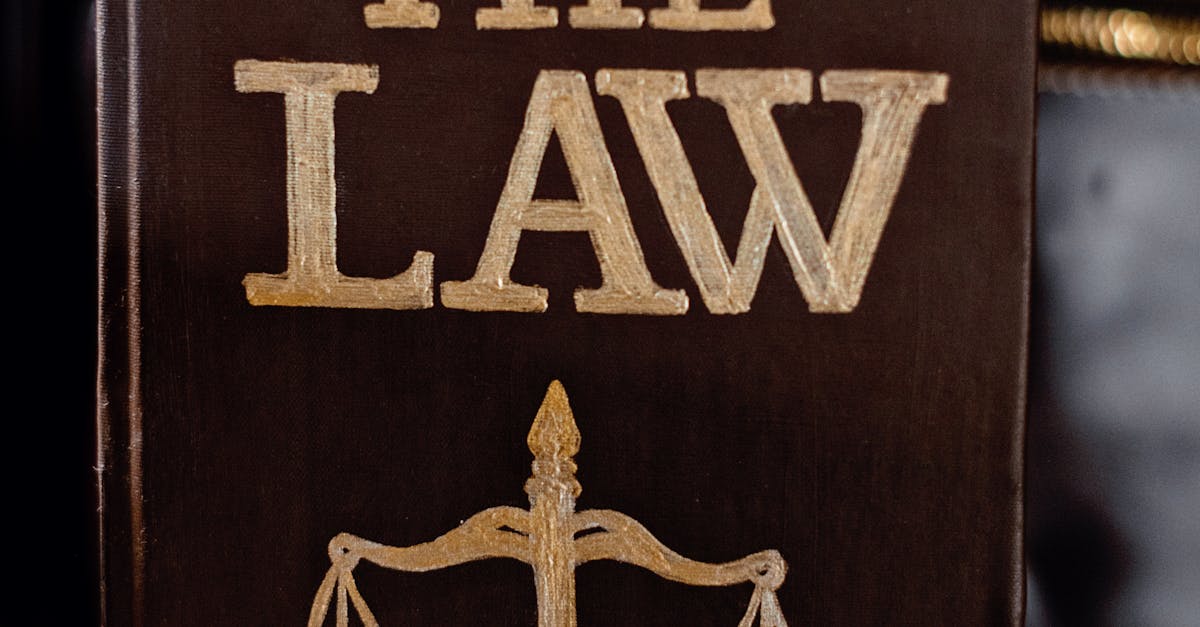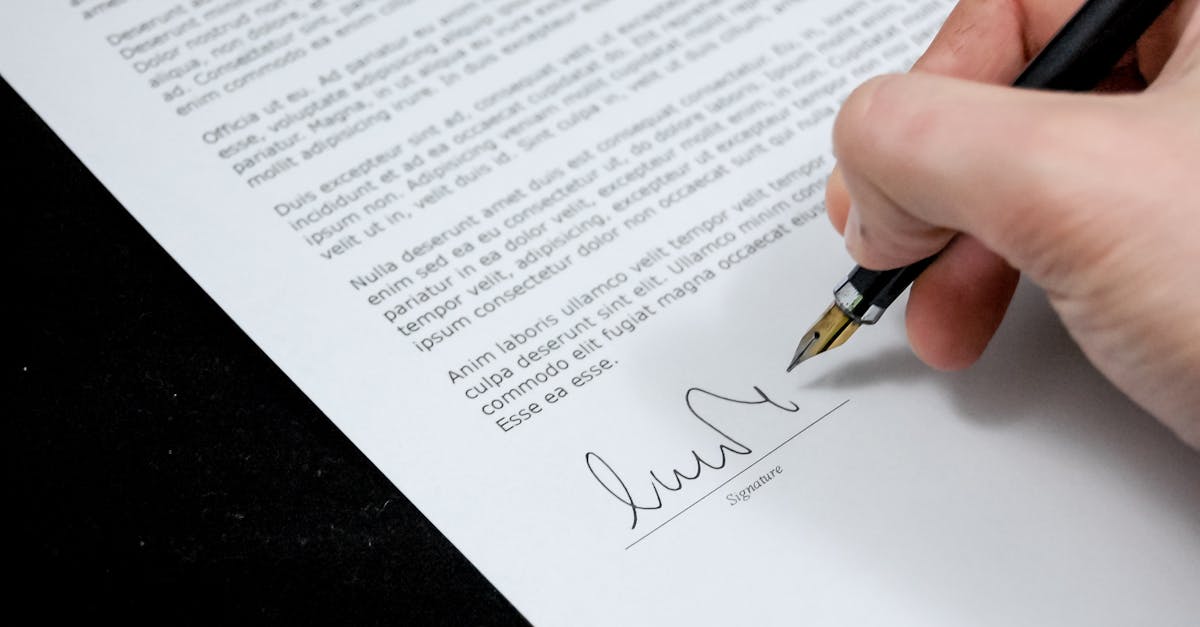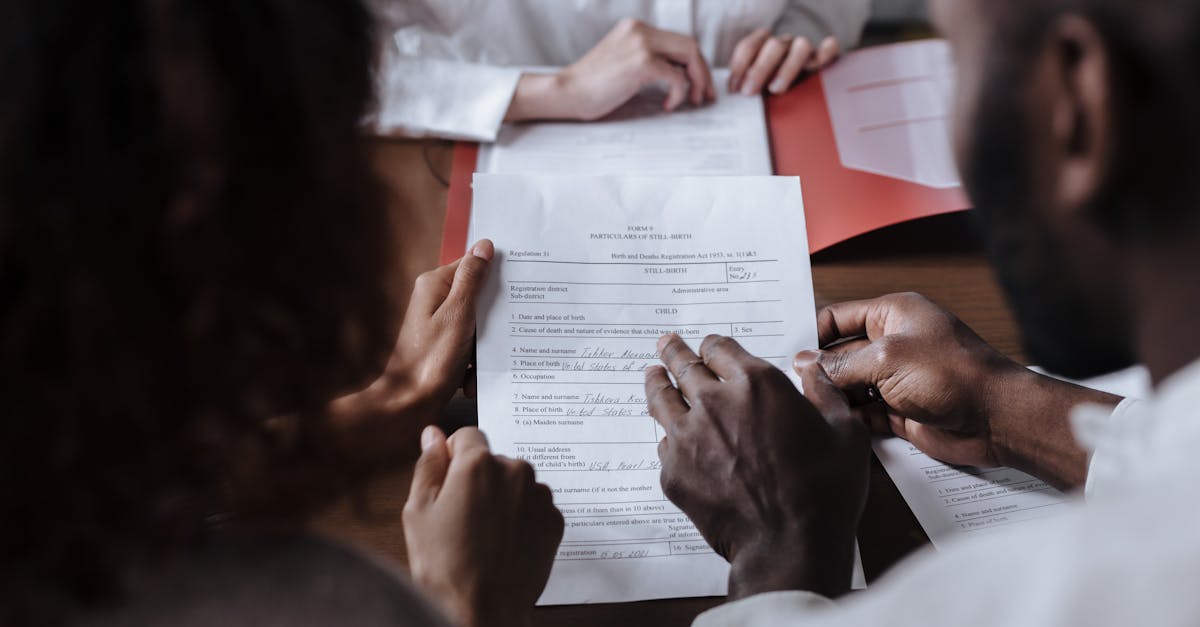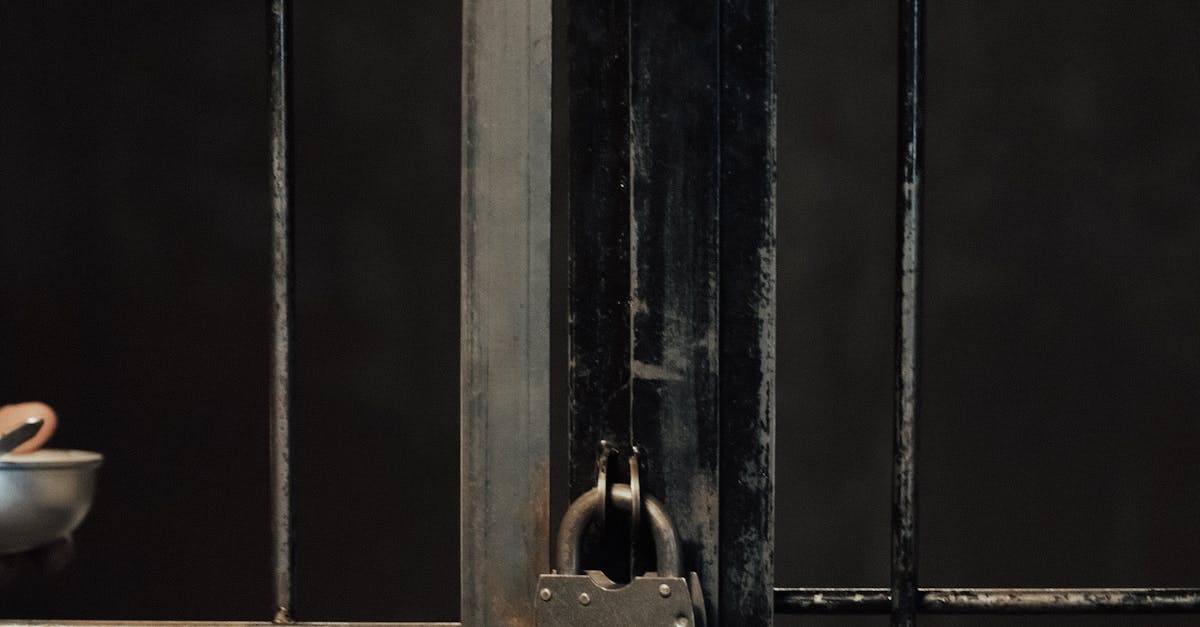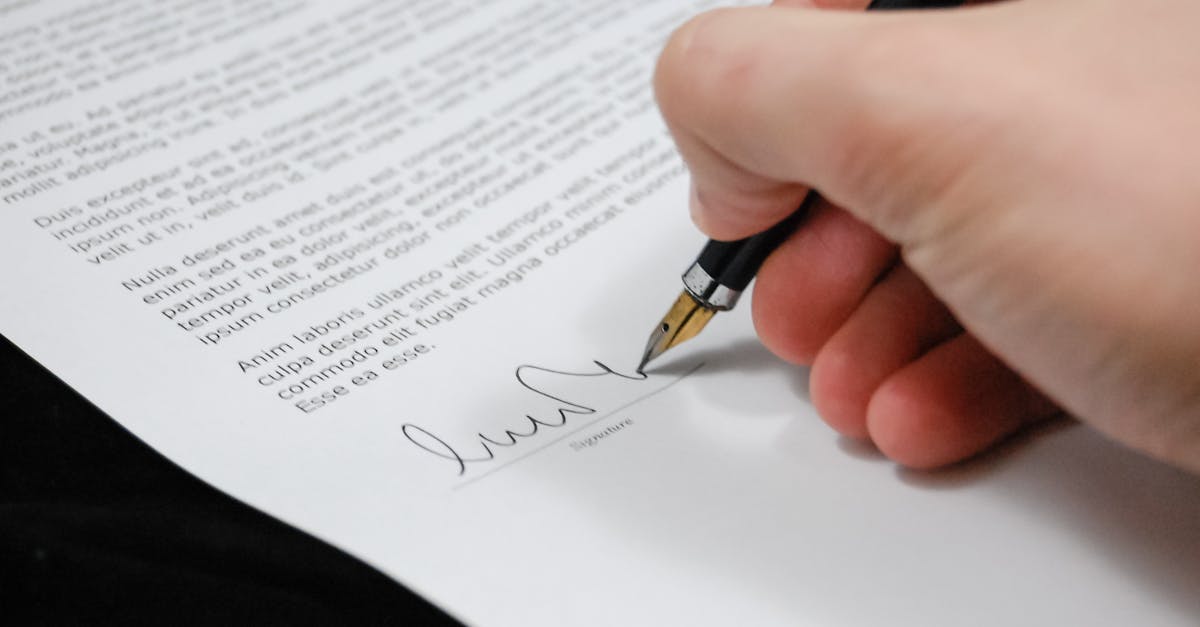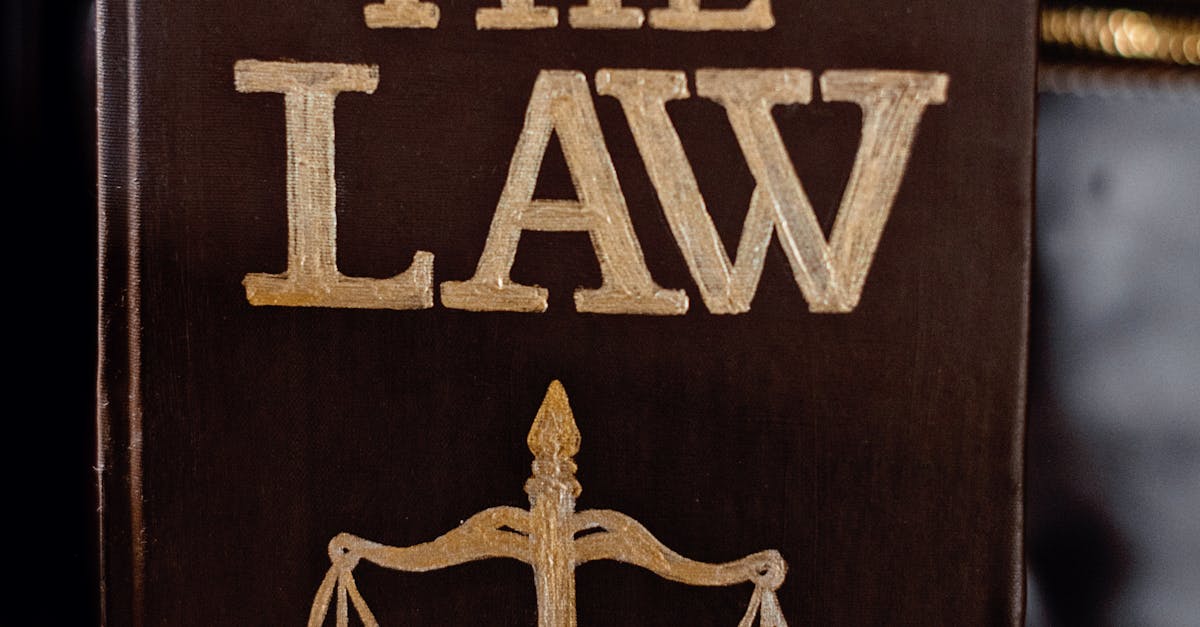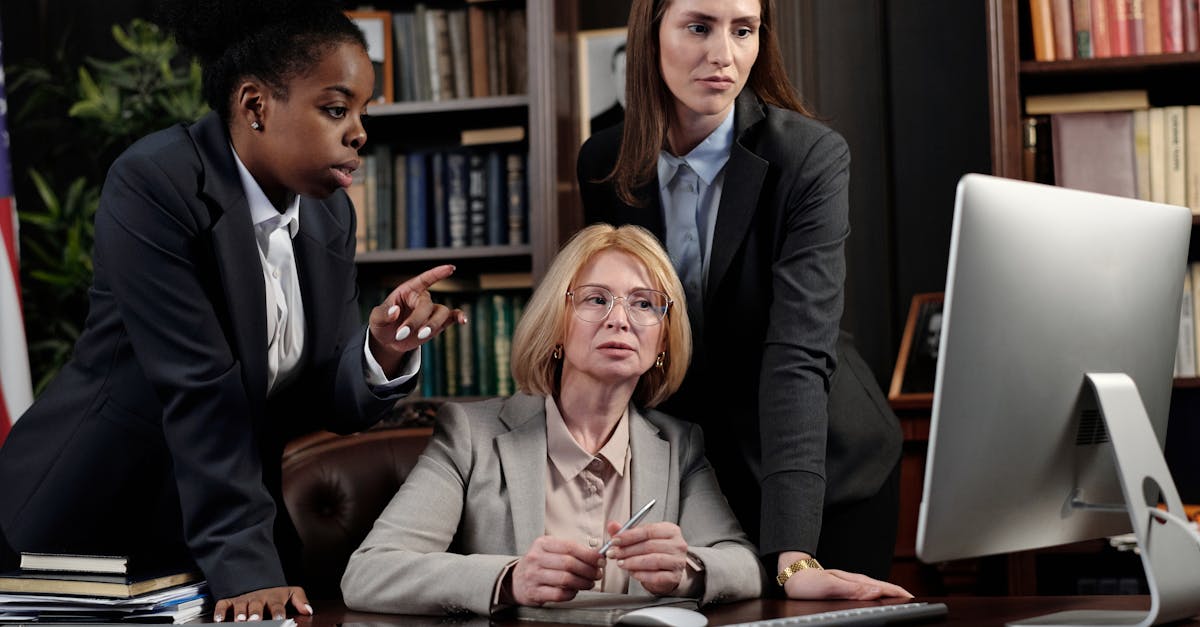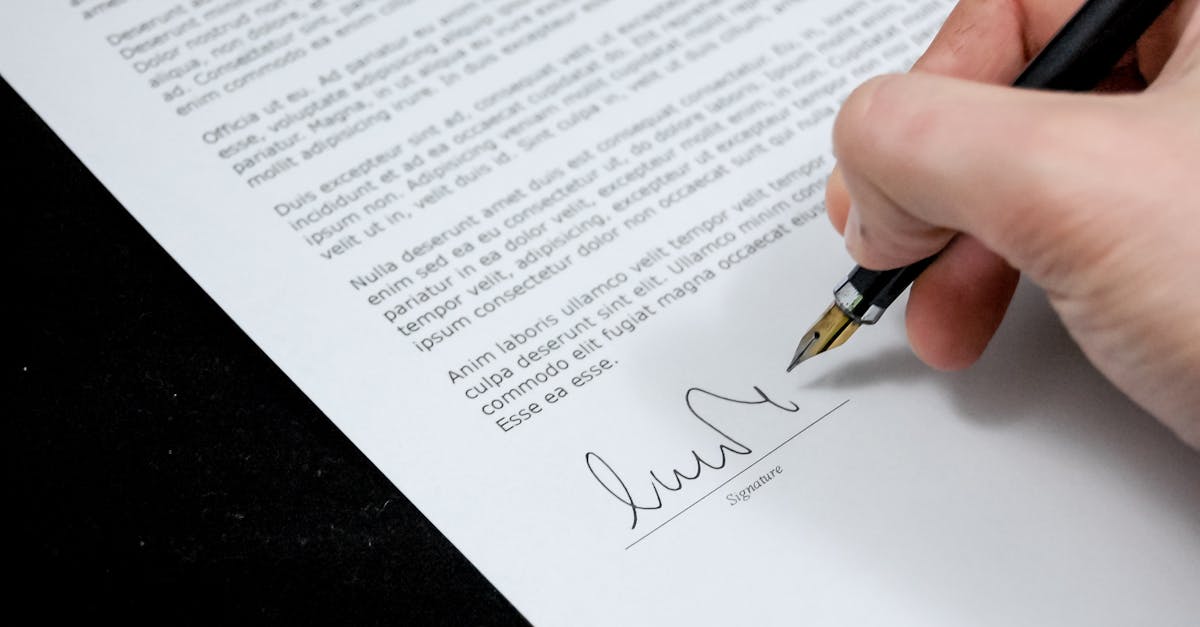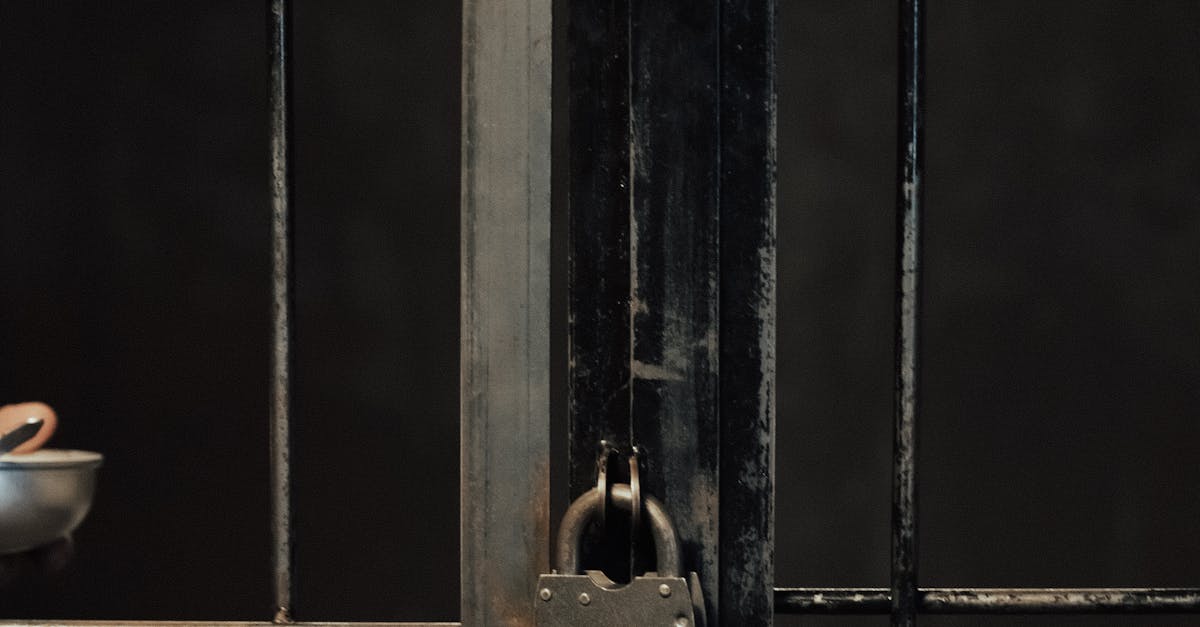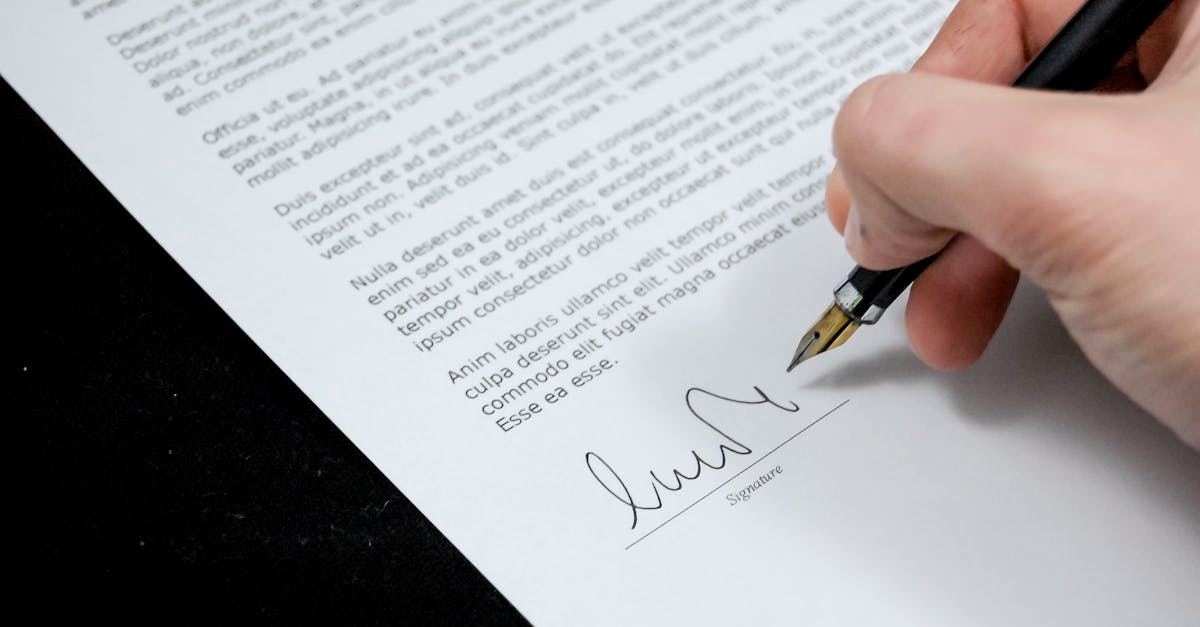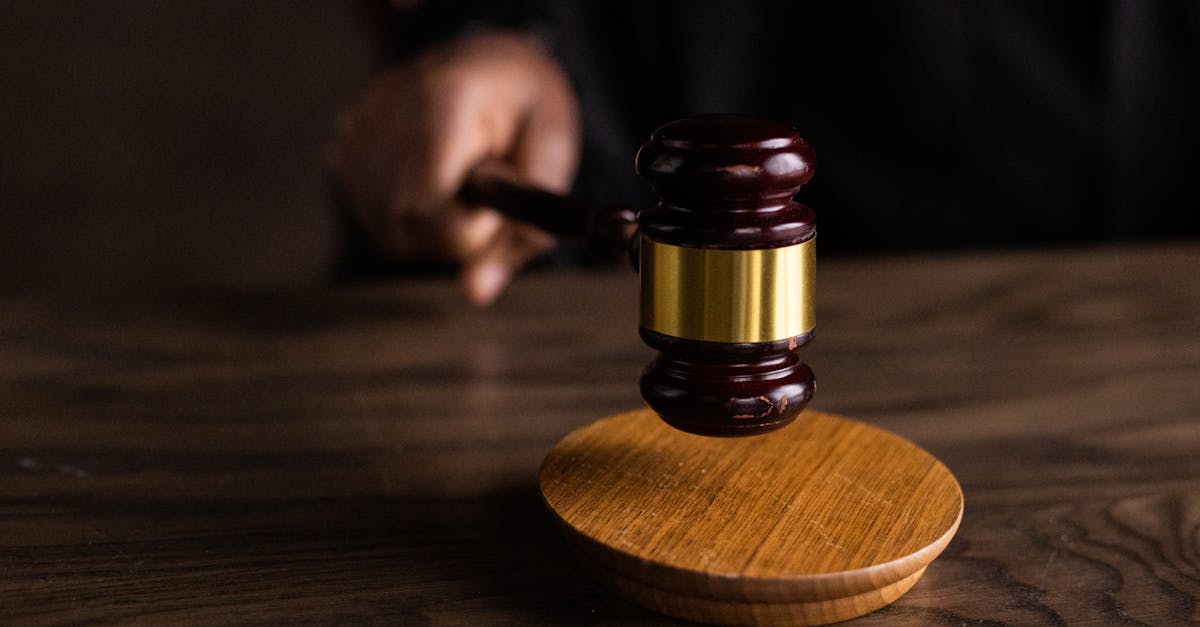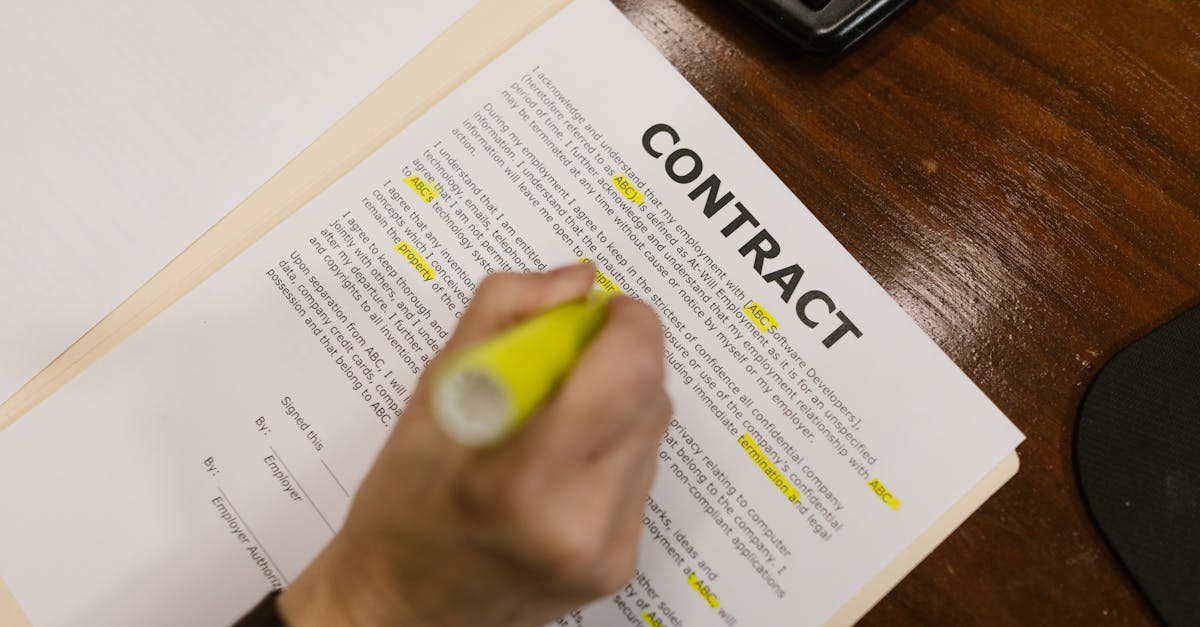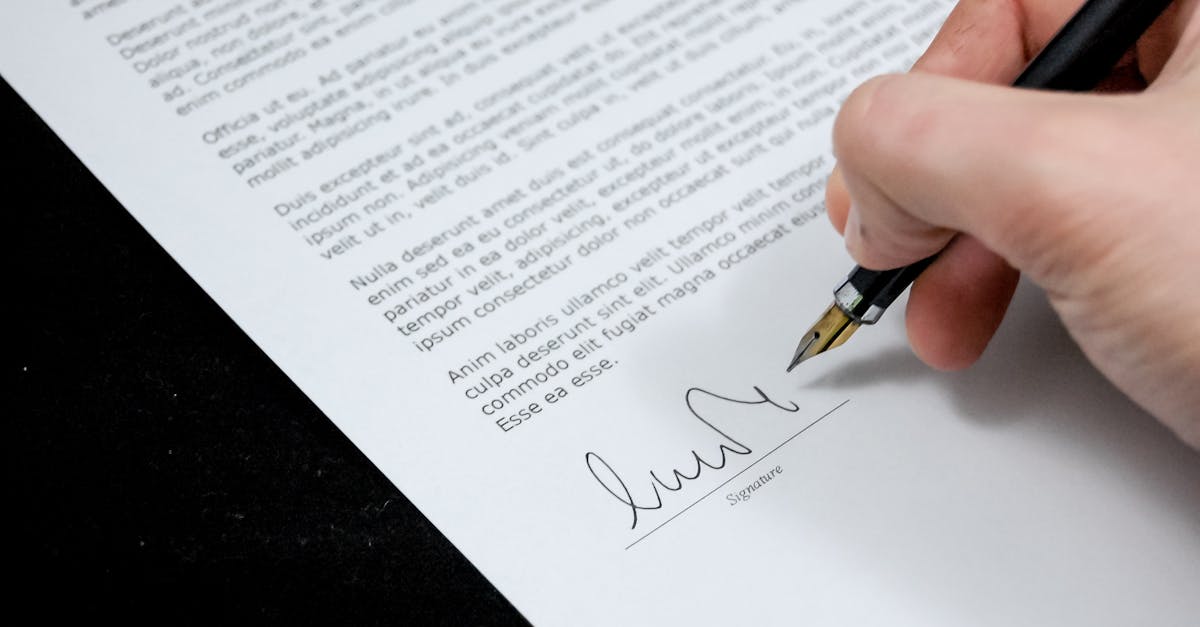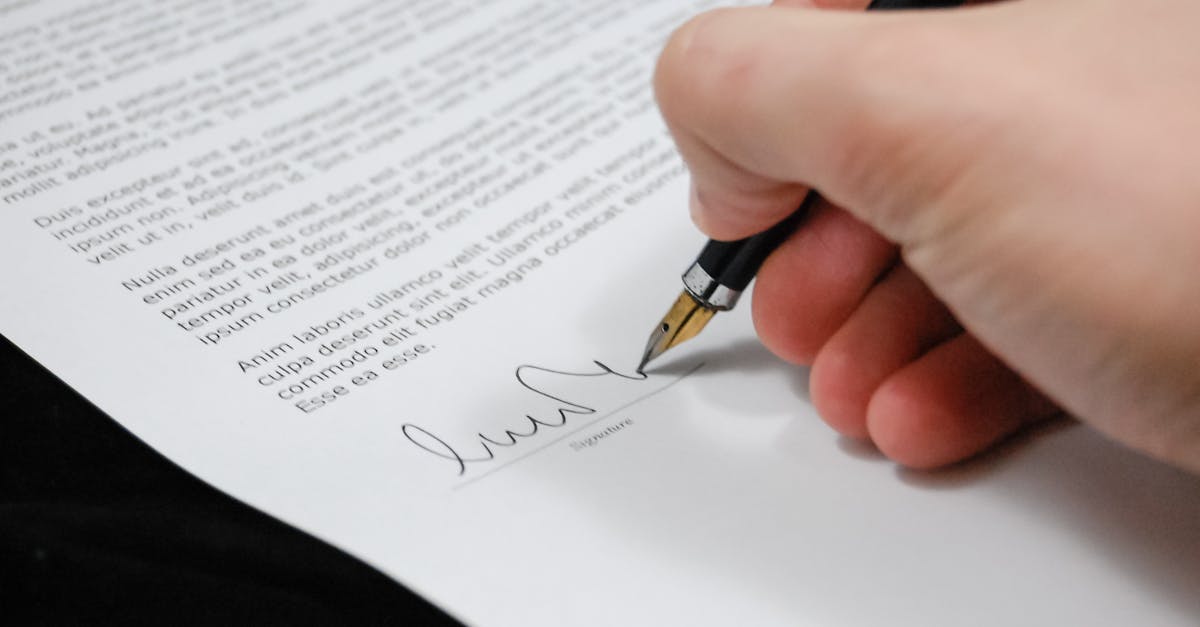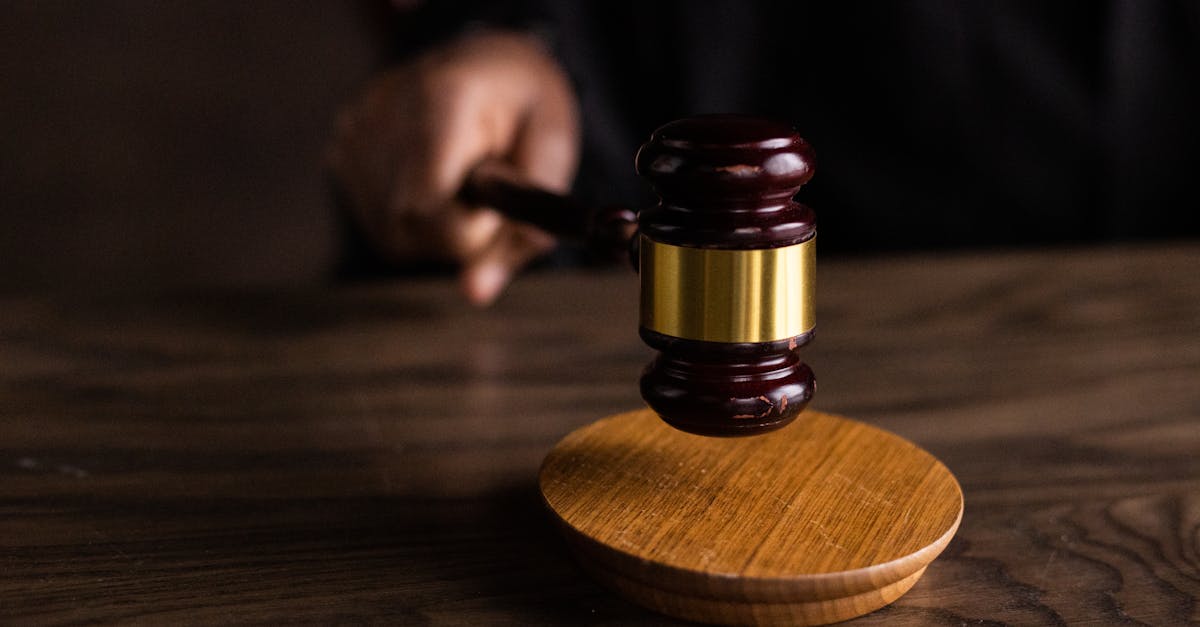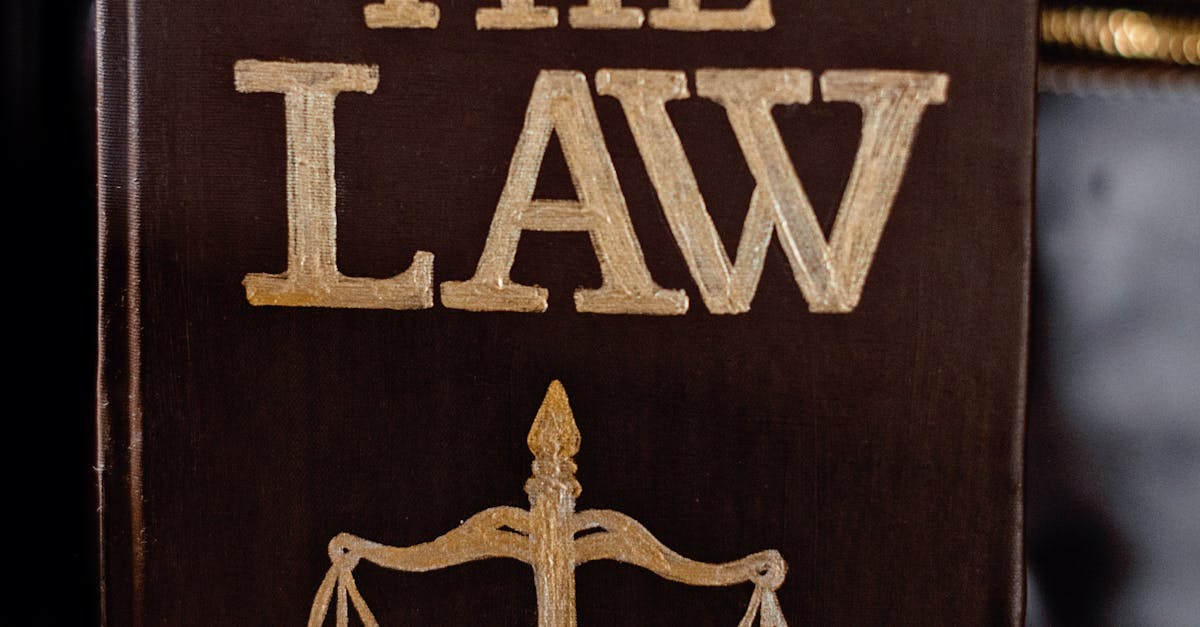Understanding Contentious Probate and Common Disputes in Probate Cases
Key Takeaways
- Comprehending Disputed Will Matters
- The Procedure for Granting a Will
- Investigating Contested Inheritance Cases
- Hiring a Solicitor for Disputed Wills
- Managing Inheritance Conflicts
- Pursuing Claims in Contested Wills
Understanding Contentious Probate
Contentious probate refers to disputes that arise during the probate process, often involving claims against an estate by beneficiaries or other interested parties. These disputes can stem from various issues, including challenges to the validity of a will, claims of undue influence, or disagreements over the interpretation of legal documents. The litigation may result in appeals if parties are dissatisfied with the initial grant of probate. Engaging with organisations such as the Society of Trust and Estate Practitioners can provide valuable guidance. Seeking a compromise is essential, especially in cases involving complex family dynamics, such as divorce, where multiple beneficiaries may have conflicting claims. Understanding these processes is crucial for anyone navigating the often turbulent waters of contentious probate.
What is Contentious Probate?
Contentious probate refers to disputes that arise during the administration of a deceased person's estate, primarily concerning the validity of their will or the distribution of assets among beneficiaries. Claimants in these cases may include family members or other parties who feel entitled to an inheritance or have been wrongly excluded. The dispute resolution process often involves negotiation and can escalate into litigation, where courts render judgments. In such scenarios, lawyers play a crucial role in representing claimants and addressing any ambiguities within the will or estate.
The Inheritance (Provision for Family and Dependants) Act 1975 is a significant piece of legislation influencing contentious probate cases, as it allows those who feel inadequately provided for to bring claims against the estate. Coercion during the drafting of a will can also lead to disputes and challenge its validity. Contentious probate proceedings can take considerable time and resources, necessitating a clear understanding of legal principles by all parties involved. These disputes not only affect the distribution of the deceased's estate but can also strain relationships among beneficiaries.
- Contentious probate often arises when a will is disputed based on claims of undue influence or lack of mental capacity of the deceased.
- It can involve claims from dependants who believe they have not received fair provision from the estate.
- Resolving these disputes may require expert witness testimony, especially regarding the mental state of the deceased at the time the will was made.
- Mediation is sometimes employed to settle disputes outside of court, saving time and costs.
- The time it takes to resolve contentious probate cases can vary significantly, from several months to years.
- Legal fees in contentious probate cases can accumulate rapidly, impacting the value of the estate left to beneficiaries.
- It is advisable for potential claimants to seek legal advice early on to understand their rights and the implications of their claims.
Common Reasons for Contentious Probate Claims
Contentious probate often arises from disagreements regarding the validity of a will. Claimants may file a complaint if they believe the deceased lacked testamentary capacity or if there are allegations of undue influence. This can lead to disputes in the court, where solicitors representing various parties must navigate the intricate laws governing estates. The law surrounding marriage can also complicate matters, particularly in cases involving second marriages or cohabitation, where the deceased's intentions may be contested.
Another common root of contentious probate claims is the distribution of assets. Disputes may occur if the will does not align with expectations based on previous conversations or perceived promises. Legislation concerning inheritance and the rights of dependants adds another layer of complexity, as claimants may seek to challenge a will that does not adequately provide for them. Such cases often lead to significant personal liability for solicitors and can require extensive legal intervention throughout the probate process.
The Grant of Probate Process
Understanding the Grant of Probate process is crucial, especially in cases that may lead to contentious probate disputes. The process begins with the application for a grant, which involves submitting a memorandum to the senior courts under the Senior Courts Act 1981. This application must demonstrate the validity of the will in question, as any challenges can draw in a judge to oversee the proceedings. If the parties involved are unable to reach an agreement, the matter may escalate to a trial within the chancery division, where a defendant may contest the provisions of the will. Elements of family law, such as custody of dependents, can complicate the issues surrounding the estate further, highlighting the importance of a thorough understanding of both probate law and the specificities of contentious probate claims.
Overview of the Grant of Probate
The grant of probate serves as a formal recognition of a will, enabling the executor to administer the deceased's estate. In cases of contentious probate, the validity of the will may be disputed, leading to contentious probate claims that require thorough examination and evidence. The county court plays a vital role in these instances, ensuring the administration of justice and addressing any contentious probate issues that arise during the proceedings.
Executors must navigate the complexities of the grant of probate, especially when faced with challenges against the testamentary intentions of the deceased. Contentious probate proceedings often involve claims from interested parties who may assert that the will is flawed or that they have been unjustly excluded. Establishing the legitimacy of the will and addressing disputes is crucial for upholding the principles of justice and maintaining the integrity of the probate process.
Steps to Obtain a Grant of Probate
Obtaining a grant of probate is essential for managing an estate, especially in cases where contentious probate arises. Contentious probate refers to disputes over the validity of a will or the distribution of assets, leading to contentious probate cases that can significantly delay the process. It is crucial to follow the proper procedures outlined for non-contentious probate to avoid complications, as any deviation can escalate into a probate dispute. Engaging with contentious probate lawyers at this stage can help clarify the steps involved and mitigate any potential pitfalls.
The initial step involves collecting necessary documents, including the deceased's will and relevant identification. Following this, an application for probate must be submitted to the relevant court, adhering to non-contentious probate rules. Any ongoing contentious probate disputes will require careful documentation and legal representation, particularly in cases where parties contest the will's legitimacy. Understanding the nuances of both non-contentious and contentious probate proceedings aids in navigating common probate disputes effectively, ensuring the process is managed smoothly and efficiently.
Exploring Contentious Probate Proceedings
Contentious probate encompasses various disputes that arise during the probate process, often leading to complex probate issues. Distinct from standard probate proceedings, contentious probate involves challenges against the validity of a will, claims of undue influence, or disputes regarding the distribution of an estate. Engaging the right contentious probate solicitors is crucial, as they bring expertise in navigating the specific probate rules and jurisdiction relevant to these cases. A well-informed contentious probate team can significantly ease the process, ensuring all necessary evidence is gathered to support a probate claim. As probate lawyers work through these challenges, they aim to resolve the long probate disputes that can arise, ultimately guiding clients towards a satisfactory resolution while ensuring compliance with all relevant legalities on the probate page.
Types of Contentious Probate Proceedings
Contentious probate typically encompasses several distinct types of legal proceedings. One common form is the challenge to the validity of a will, where individuals question whether the document reflects the true intentions of the deceased. Another type involves disputes over the distribution of assets, often leading claimants to disagree on how probate fees should be allocated. An experienced probate solicitor can provide invaluable guidance through this intricate process. They can represent clients at the district probate registry or specifically at the Leeds district probate, ensuring that all claims are adequately addressed.
Solemn form probate is another critical area within contentious probate proceedings, requiring that the will be proven without further challenge. Legal disputes may arise from claims of undue influence or lack of capacity, making it essential for parties involved to seek the expertise of probate specialists. These professionals understand how the probate registry deals with various claims and can navigate the complexities of each case. Engaging an experienced probate solicitor ensures that potential issues are addressed proactively, safeguarding the interests of those involved in the legal dispute.
How Contentious Probate Proceedings Differ from Regular Probate
Contentious probate proceedings involve serious disputes that arise when individuals contest the validity of a will or the actions of the executor. Unlike regular probate, where the focus is on the orderly distribution of an estate, contentious probate is characterised by legal challenges and conflicts among beneficiaries. These disputes often stem from claims of undue influence, lack of capacity, or improper execution of a will, leading to legal action that can significantly prolong the probate process. Legal arguments presented during these proceedings can complicate the resolution of estate matters.
Contrasting with the straightforward nature of regular probate, which typically involves little more than gathering assets and paying debts, contentious probate demands a more rigorous examination of legal matters. Executor disputes are common and can lead to protracted negotiations or court interventions. The presence of contentious trusts often adds another layer of complexity, requiring careful management of legal conflicts to ensure all parties' rights are respected. Ultimately, the contentious nature of these proceedings necessitates expert legal guidance to navigate the associated challenges successfully.
| Aspect | Contentious Probate | Regular Probate |
|---|---|---|
| Nature of Proceedings | Disputes and legal challenges | Simplified distribution of estate |
| Common Issues | Undue influence, lack of capacity | Asset gathering, debt payment |
| Duration | Often prolonged due to conflicts | Typically quicker and straightforward |
| Executor Role | Facilitates complex negotiations | Administers estate with minimal conflict |
| Legal Support | Expert legal guidance is crucial | Basic legal procedures often sufficient |
Engaging a Contentious Probate Solicitor
Selecting the right solicitor is crucial in navigating contentious probate matters. Legal help is essential for individuals facing inheritance disputes or disagreements over a will, as these issues often escalate into further disputes if not handled properly. A proficient solicitor will provide legal support throughout the legal proceedings, ensuring that your legal rights are protected and upheld. It is important to look for solicitors who are well-versed in the legal formalities associated with contentious probate, as their expertise can significantly influence the outcome of contested matters. Understanding the traits to seek in these professionals can make all the difference in resolving any disputes relating to probate efficiently.
Qualities to Look For in Contentious Probate Solicitors
Choosing the right solicitor for contentious probate is crucial, especially when navigating complex legal encounters. A proficient solicitor should possess an in-depth understanding of contentious probate and the various legal terms involved in such cases. Look for estate practitioners who exhibit experience in handling similar disputes, including high-profile disputes and property disputes. Their ability to identify the intricacies of each issue can significantly influence the outcome of a common claim related to the estate.
Another important quality is the solicitor's skill in educating clients about their legal rights and available legal options. A good solicitor should communicate effectively, outlining all potential pathways forward. This clarity is essential for personal representatives who may feel overwhelmed by the challenges of contentious probate. Establishing a rapport with your solicitor can also lead to more fruitful discussions regarding strategy and expectations, ultimately fostering a collaborative approach to resolving disputes.
Costs Associated with Hiring a Contentious Probate Solicitor
Hiring a solicitor for contentious probate can incur significant legal expenses. This is especially true when navigating complex issues surrounding contentious trusts and the rights of certain beneficiaries. A litigation friend may also be required if one party is unable to manage their case. Throughout the process, obtaining sound legal advice is paramount as it ensures compliance with legal authority and helps address many issues that may arise during litigation.
Costs can vary based on the solicitor's experience, the complexity of the case, and the breadth of legal tests involved. Consideration must be given to potential additional costs related to court fees, expert witnesses, and necessary consultations. Transparency regarding fees should be established upfront with your solicitor to avoid unexpected expenses down the line in contentious probate matters.
Navigating Probate Disputes
Navigating probate disputes requires a clear understanding of the contentious probate landscape, particularly when concerns arise among relevant beneficiaries. Potential heirs often face challenges that can stem from ambiguous clauses in DIY wills or disagreements over mutual wills. Living beneficiaries may find themselves in heated discussions regarding the validity of certain wills, especially if there are suspicions of fraudulent wills involved. Achieving approval for the distribution of an estate can be complicated, making it essential to have a strategy for addressing the various disputes that could emerge. By focusing on the needs and rights of all beneficiaries, a more amicable resolution can be sought, minimising the emotional and financial toll of contentious probate.
| Dispute Type | Description | Possible Solutions |
|---|---|---|
| Ambiguous Wills | Wills with unclear terms that lead to differing interpretations among beneficiaries. | Mediation, legal clarification, revising the will if possible. |
| Fraudulent Wills | Claims that a will was created or modified under fraudulent circumstances. | Legal investigation, forensic analysis, contesting the will in court. |
| Disagreements among Heirs | Conflicts arising from differing opinions on asset distribution or estate management. | Open discussions, facilitated mediation sessions, compromise agreements. |
| Disputes Over Executor Decisions | Challenges concerning the actions and decisions made by the estate executor. | Executor accountability, court intervention, potential removal of the executor. |
Common Types of Probate Disputes
Probate disputes frequently arise from disagreements over the proposed distribution of an estate. Asset distribution disputes represent a common complaint among beneficiaries, particularly when the personal representative's wishes do not align with what other parties believe is fair. In certain circumstances, this can lead to contentious probate claims, where aggrieved parties may seek recourse through the legal process. The role of legal professionals becomes pivotal in navigating these complex situations, often involving court expenses that can escalate quickly.
Another prevalent type of dispute involves the validity of the will itself. Challenges may arise from claims asserting that a will was not properly executed or that undue influence affected the testator's decisions. These circumstances not only complicate the probate process but also create an environment rife with tension among family members or beneficiaries. Legal intervention is essential for resolving these conflicts, ensuring that all claims are scrutinised and that justice is served in accordance with the individual's true intentions regarding asset distribution.
Strategies for Resolving Probate Disputes
Resolving issues arising from contentious probate often begins with an initial consultation with a legal adviser. This meeting allows interested parties to discuss their concerns regarding the will or the intestacy disputes that may have arisen. A representative can help clarify the legal details and ensure that all parties understand the implications of the Wills Act and the associated legal requirements. This approach can lead to a more amicable resolution, reducing tension among family members and beneficiaries.
Engaging in alternative dispute resolution methods, such as mediation, can be effective for handling contentious probate disputes. These strategies allow for open dialogue between parties, facilitating an understanding of each side’s perspective. If an agreement cannot be reached, a rectification claim may be necessary to address any discrepancies or misunderstandings. Taking these proactive steps can often prevent lengthy court proceedings and foster a cooperative atmosphere among those involved in the probate process.
Claiming in Contentious Probate
Understanding the process of submitting a contentious probate claim is crucial for any claimant, particularly for disappointed beneficiaries and unmarried partners who believe they have been unjustly overlooked. Such circumstances often necessitate engaging family solicitors who specialise in contentious probate, as they can navigate the complexities of the proceedings. Claimants must clearly articulate their entitlement in an appropriate claim, ensuring that the personal representatives are made aware of any disputes. It is also prudent for defendants, who may contest these claims, to seek separate solicitors to adequately defend their position. Exploring these dynamics allows for a comprehensive understanding of the nuances involved in contentious probate.
- Understand your rights as a beneficiary or partner.
- Gather all relevant documentation, such as wills and correspondence.
- Seek legal advice from a specialist solicitor in contentious probate.
- Clearly outline your claims and the basis for your entitlement.
- Be prepared for potential mediation or court proceedings.
- Communicate effectively with all parties involved in the dispute.
- Keep records of all interactions related to the probate claim.
How to Submit a Contentious Probate Claim
Submitting a contentious probate claim requires an understanding of the circumstances surrounding the estate in question. Clients may face challenges from various involved parties, including spouses and other beneficiaries. Several reasons can prompt a claim, such as disputes over the validity of a will or allegations of undue influence. From a legal standpoint, it is crucial to ensure that the claim brought is well-founded and supported by relevant evidence. Careful consideration of all factors will contribute to forming a robust case.
The process generally involves filing the claim with the appropriate court and serving notice to all parties affected by the action. Engaging specialist wills solicitors early in the process can provide valuable guidance and ensure that the claim is articulated effectively. By working closely with legal professionals, clients can navigate the complexities of contentious probate and enhance their chances of a successful outcome. Understanding the nuances of contentious probate proceedings is essential for anyone looking to assert their rights within the estate.
Evidence Required for a Successful Probate Claim
A successful contentious probate claim hinges on demonstrating the validity of the will in question. Claimants must provide convincing evidence supporting their position, especially when numerous wills exist that could cause confusion or conflict over the deceased's true intentions. Documents such as the original will, previous versions, and evidence of any agreements made regarding generous provision are crucial. These elements help substantiate any challenge to the will's validity that may arise under the Senior Courts Act.
Claim forms need to be meticulously drafted and supported by evidence that clearly outlines the detriment suffered due to the decision made in the disputed will. This includes details regarding potential claims of undue influence or lack of capacity at the time the will was made. Gathering witness statements and other relevant documentation can strengthen a case, making it easier to navigate the complexities of contentious probate effectively.
Conclusion
Contentious probate refers to disputes arising from the administration of a deceased person's estate, often involving claims from parties who believe they have not been adequately provided for in the will. These disputes can centre on the validity of the will, allegations of undue influence, or questions regarding the deceased's mental capacity at the time of drafting. To navigate these complexities, parties need to understand their rights and the evidence required to support their claims. Engaging a skilled solicitor can significantly impact the outcome, guiding individuals through the intricacies of contentious probate and ensuring that legitimate claims are thoroughly considered.
FAQS
What are the typical grounds for contentious probate disputes that can arise during the probate process, and how do they relate to the probate rules involved in contesting probate?
Contentious probate means disputes that arise over the validity of a will or the distribution of an estate, often leading to legal encounters someone may face if they are a disappointed beneficiary. These disputes may involve claims against the personal representative wishes, where a claimant or defendant may argue against the fairness of the proceedings. The probate rules govern how these issues are addressed, ensuring that all parties, including living beneficiaries and other interested individuals, have a chance to present their cases. Additionally, these disputes may lead to non-contentious probate proceedings if they are resolved without going to trial, but if contested probate is necessary, it falls under probate jurisdiction guidelines.
What factors can contribute to a contentious probate situation regarding the association between a living beneficiary and the disputing parties in a probate contest?
In contentious probate cases, factors such as a lack of consent among parties, issues surrounding copyright on wills, and the roles of the claimant and defendant can significantly influence the outcome. Disputes relating to the validity of the will, particularly in common form probate cases, often arise when living beneficiaries challenge the probate process, leading to complex legal battles.
How does the association between living beneficiaries and the disputing parties influence a probate contest?
The association between a living beneficiary and the disputing parties can significantly affect a probate contest. This relationship can lead to a dispute relating to the intentions of the deceased, the distribution of assets, and can determine the roles of the claimant and defendant in the case. Strong ties or conflicts between living beneficiaries and disputing parties may shape the arguments presented in the contest and influence the court's decisions.
In a contentious probate case, what roles do the claimant and defendant typically play in the contest, and how does this influence the case outcome?
In a contentious probate case, the claimant is usually the party challenging the validity of the will or the probate process, while the defendant is typically the executor or a beneficiary defending the will. The dynamics between the claimant and defendant can significantly influence the case outcome, as the strength of the claim and the evidence presented by both parties will determine how the court adjudicates the dispute.
In contentious probate scenarios, what distinctions can be made between the roles of the claimant and defendant, and why are these roles significant in understanding the case dynamics?
In contentious probate cases, the claimant is the party challenging the validity of the will or the distribution of assets, while the defendant is typically the executor or other beneficiaries defending the will. Understanding the roles of the claimant and defendant is significant because it shapes the strategies employed during the dispute, influences the types of evidence presented, and ultimately impacts the outcome of the case.
How does the involvement of different parties as claimant and defendant affect the strategy in contentious probate cases?
In contentious probate cases, the roles of the claimant and defendant are crucial as they determine the strategy employed throughout the proceedings. The claimant initiates the contest by challenging the validity of the will or the actions of the estate, while the defendant must respond and defend the will's validity. Understanding these roles helps clarify the case dynamics and influences how each party presents their arguments and evidence to the court.
In contentious probate cases, how can the strategies employed by the claimant and defendant differ based on their respective roles and the dynamics of the dispute?
In contentious probate cases, the strategies employed by the claimant and defendant often differ significantly. The claimant typically aims to establish their entitlement or challenge the validity of the will, leveraging evidence to support their case. Conversely, the defendant's strategy is usually centred around defending the will’s validity and countering the claimant’s assertions. This interplay between the claimant and defendant can heavily influence the overall dynamics of the case, impacting both the legal arguments presented and the final outcome.
How do the roles of claimant and defendant evolve throughout a contentious probate case, and what impact does this evolution have on litigation strategies?
In contentious probate cases, the roles of the claimant and defendant can evolve significantly as the case progresses. Initially, the claimant may seek to establish standing and present their case for challenging the probate, while the defendant typically responds by contesting these claims. As the litigation unfolds, the strategies of both the claimant and defendant may adapt based on new evidence or developments, often influencing how they engage with the court and each other. Understanding this evolution is crucial for both sides to effectively navigate their respective roles and maximize their chances of success in the contentious probate process.
How can the identification of the claimant and defendant change the approach taken in a contentious probate case?
The identification of the claimant and defendant in a contentious probate case significantly influences the strategies employed by both parties. The claimant typically initiates the dispute, outlining their grievances and legal basis for contesting the probate. In contrast, the defendant responds to these claims and defends their position, which may involve presenting evidence or counterarguments. This distinction affects litigation strategies, as the claimant must focus on substantiating their claims while the defendant seeks to dismantle them, emphasizing the importance of the roles of claimant and defendant in shaping the direction of the case.
What are the responsibilities of the claimant and defendant in a contentious probate case and how do these roles impact the proceedings?
In a contentious probate case, the claimant is typically the party challenging the validity of a will, seeking a legal remedy or a change in the distribution of the estate, while the defendant usually represents the interests of the estate or the validity of the will. The responsibilities of the claimant and defendant significantly influence the proceedings, as the claimant must provide evidence supporting their challenge, while the defendant must defend against these claims, potentially shaping the strategies and outcomes of the probate litigation.
